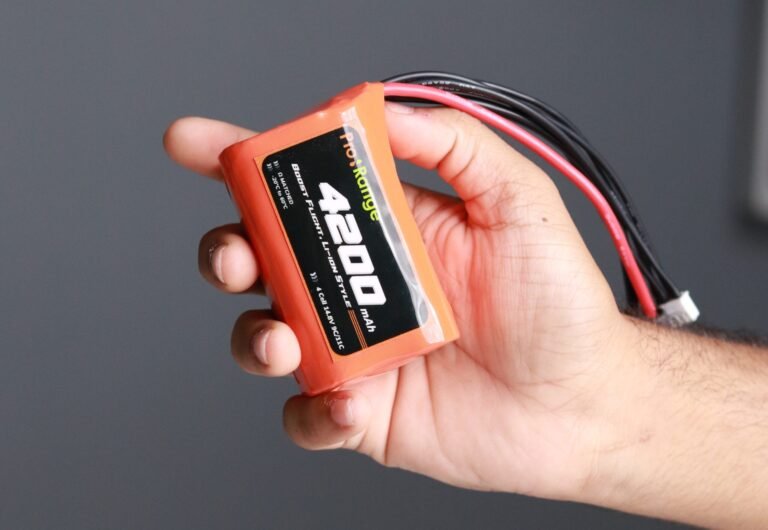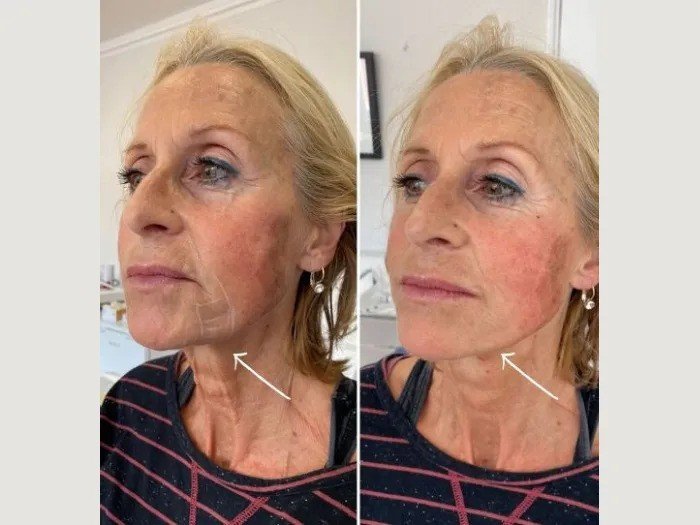A fireplace is often seen as the centerpiece of a living space, offering warmth and comfort during colder months. However, without proper care, it can turn into a serious safety hazard. Neglecting routine cleaning allows dangerous residues like soot and creosote to build up, significantly raising the chances of a fire outbreak. Homeowners must understand that ignoring this task does not just affect performance but also puts the property and its occupants at risk, making regular Fireplace Cleaning essential.
Why It Matters
The primary function of a fireplace is to provide heat efficiently and safely. When left uncleaned, the system begins to lose efficiency while accumulating flammable byproducts. Creosote, in particular, is one of the most hazardous substances that forms during the burning of wood. It is highly combustible and can ignite with just a small spark, causing chimney fires that spread rapidly. According to safety organizations, thousands of house fires occur each year due to neglected fireplaces and chimneys. Cleaning, therefore, should never be viewed as optional but rather as a preventative measure to reduce risk.
Common Problems
Several issues arise when fireplace cleaning is skipped for extended periods. One of the most common is smoke infiltration, where the fireplace sends smoke back into the living space rather than out through the chimney. This not only diminishes air quality but also poses health risks due to the inhalation of carbon monoxide and other harmful particles. Another problem is the unpleasant odor caused by creosote buildup, which lingers even when the fireplace is not in use. Homeowners may also notice reduced heating efficiency, as blockages prevent proper airflow and limit combustion. In severe cases, structural damage to the chimney can occur, leading to expensive repairs that could have been avoided with simple cleaning.
Key Benefits
The benefits of consistent fireplace cleaning extend beyond fire prevention. First, it enhances energy efficiency, allowing the fireplace to generate more heat with less fuel. Second, it improves indoor air quality by eliminating harmful contaminants that can circulate throughout the home. Third, it extends the overall lifespan of the fireplace system, preventing premature deterioration caused by corrosive deposits. Additionally, regular cleaning reduces the likelihood of costly emergency repairs while providing peace of mind during the heating season. Safety and efficiency combined make this service an invaluable part of responsible homeownership.
The Role of Fireplace Maintenance
While cleaning plays a major role in safety, it is only one part of a broader care plan. Professional Fireplace Maintenance ensures that all components, including dampers, flue liners, and masonry, are in proper working condition. Maintenance often includes inspections that identify cracks, leaks, or faulty seals that could compromise safety. For example, a damaged flue liner can allow heat to escape into nearby walls, increasing the risk of a house fire. A comprehensive maintenance schedule combines regular cleaning with professional inspections, ensuring that the system operates at peak performance. By integrating both services, homeowners gain maximum protection against hidden hazards.
Cost Breakdown
The cost of fireplace cleaning and maintenance varies based on the type of fireplace, the severity of buildup, and the complexity of the system. On average, homeowners can expect to pay between $120 and $350 for a professional cleaning service. If significant buildup or damage is present, additional fees may apply. Below is a simple breakdown for reference:
|
Service Type |
Average Cost Range |
|
Standard Fireplace Cleaning |
$120 – $180 |
|
Deep Cleaning with Creosote |
$180 – $250 |
|
Fireplace Inspection Only |
$100 – $150 |
|
Full Maintenance Package |
$250 – $400 |
Disclaimer: Actual prices vary by region, provider, and fireplace condition. Homeowners should always request an official estimate before scheduling services.
Key Features
Professional fireplace cleaning and maintenance services offer several features that make them essential for home safety. Certified technicians use specialized brushes and vacuums to remove flammable deposits without spreading debris into the home. Many services also include a detailed inspection report, documenting any issues that require repair. Modern cleaning equipment often comes with dust-control technology, minimizing disruption to the living space. Another key feature is compliance with industry safety codes, ensuring the fireplace system operates within recommended standards. These services not only enhance safety but also provide reassurance that the system is functioning at maximum efficiency.
Professional Insight
“Skipping routine fireplace cleaning is one of the leading causes of preventable house fires. Creosote buildup is highly combustible and should never be ignored. A professional cleaning and inspection once a year can make all the difference between a safe, efficient system and a dangerous one,” says Sarah Mitchell, Certified Chimney Specialist.
FAQs
How often should a fireplace be cleaned?
Industry professionals recommend at least once per year, ideally before winter use. Heavy users may need more frequent cleanings.
Can homeowners clean their fireplaces themselves?
While light cleaning is possible, removing creosote and performing safety inspections should always be left to certified professionals.
What are the signs a fireplace needs immediate attention?
Persistent smoke, strong odors, reduced heat output, and visible soot are clear indicators of buildup requiring cleaning.
Is maintenance necessary for gas fireplaces too?
Yes, although they produce less residue, gas units still need inspections to check for leaks, blockages, or malfunctioning parts.
Conclusion
Skipping fireplace cleaning is never a harmless decision. It exposes homeowners to a wide range of hazards, from fire risks and poor air quality to structural damage and costly repairs. Recognizing the importance of cleaning, combined with routine maintenance, is the most effective way to protect a property and ensure safe operation. By investing in professional care, homeowners not only prevent fire hazards but also extend the life of their heating system and enhance overall comfort. Ultimately, the cost of cleaning and maintenance is minimal compared to the potential consequences of neglect.
Read More: Chimney Sweep Hamilton




